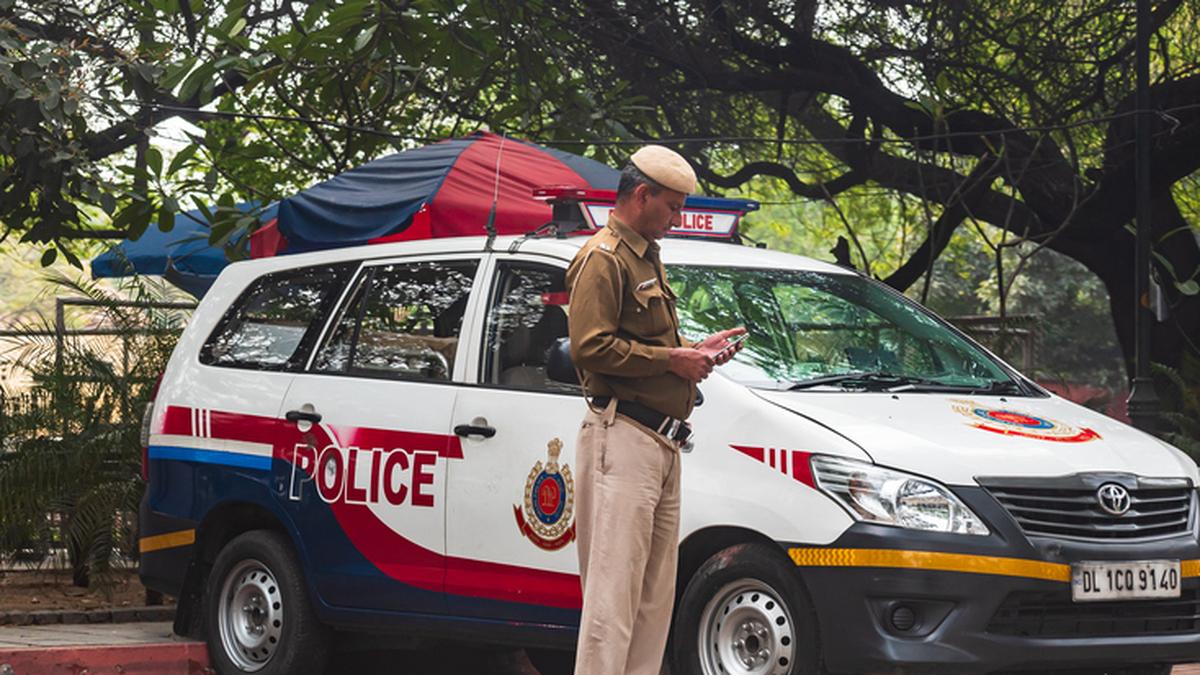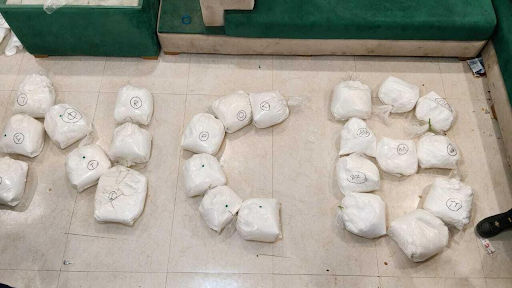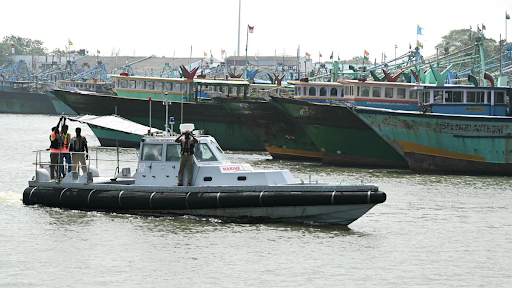Description
’s_overseas_operations).jpg)
Disclaimer: Copyright infringement is not intended.
Context:
- India’s external intelligence agency R&AW (Research and Analysis Wing) was in the spotlight this week, as reports came in from the S., Canada, Australia and Pakistan of the alleged targeting and killing of Indian-origin Khalistani separatist operatives around the world, spearheaded by the agency.
Charges against R&AW (Research and Analysis Wing)
- S.-based Washington Post claimed that American officials believe that the R&AW’s previous chief had approved an assassination operation, that was foiled last year, against Gurpatwant Singh Pannun, a Khalistani activist lawyer of U.S. and Canadian nationality on India’s most-wanted UAPA (Unlawful Activities Prevention Act) terror list.
- It also revealed the name of a security official, Vikram Yadav, believed to have been at R&AW at the time, and said U.S. officials had discussed whether to indict him for ordering Indian businessman Nikhil Gupta to hire a hitman for the job.
- In the indictment filed by the U.S. New York Southern District Attorney’s office last November, message transcripts indicated Mr. Gupta had also enquired about ordering a “hit” on a Khalistani activist in Canada, just days before the killing of Canadian Hardeep Singh Nijjar outside Toronto in June 2023.
- The Royal Canadian Mounted Police arrested and charged three Indian nationals, for conspiring in the Nijjar killing, and said they are investigating links to Indian government officials.
- The Canadian Prime Minister’s statement indicating a link to Indian agencies, as well as his decision to expel India’s intelligence station chief at its High Commission in Ottawa, had sparked a major clash with New Delhi, leading to a number of diplomatic measures and expulsions of Canadian diplomats as well.
- Australia’s public broadcaster ABC also reported that R&AW operatives had been expelled in 2020 after Australian Security Intelligence Organisation (ASIO) concluded that they ran a “nest of spies” that carried out espionage activities and surveillance of Khalistani separatists in the country.
- Pakistan’s Foreign Ministry has consistently accused R&AW agents of orchestrating a number of extra-judicial killings on its soil.
India’s reaction
- India has consistently held that extra-judicial killings are not “government policy”, and called the Washington Post article “unwarranted and unsubstantiated”.
- There's a discrepancy in India's responses to different countries' allegations, with silence on Australia, denials and punitive measures against Canada, and an inquiry into the U.S. 's indictment.
- Indian officials question why countries like the S., Canada, the U.K., and Australia don't take action against Khalistani activists accused of inciting violence.
- India's operations against Khalistani sympathizers have a history, including a 2019 case in Germany where an Indian couple was charged with spying on Khalistani activists.
Diplomatic Fallout
- Ties with Canada have been strained, with a history of tensions over the Khalistan issue, and recent expulsions and diplomatic measures.
- However, India's ties with other countries remain strong, except for Pakistan due to cross-border terrorism issues.
International Response and Expectations
- The U.S., U.K., and Australia are urging India to thoroughly investigate the allegations, accept any wrongdoing, resolve not to repeat such operations, and ensure legal accountability.
- The trial processes in the U.S.'s Pannun case and the Canadian Nijjar case will be crucial in determining India's involvement.
Conclusion:
- India is not the only country accused of extra-judicial actions, with other countries citing self-defense under the UN charter. Informal rules in intelligence operations include avoiding operations in friendly countries, avoiding links to diplomatic missions, and avoiding detection.
About RAW:
https://www.iasgyan.in/daily-current-affairs/raw
Source:
https://www.thehindu.com/news/national/kerala/new-tardigrade-species-named-after-chandrayaan-3-mission/article68131345.ece
|
PRACTICE QUESTION
Q. Discuss the recent allegations and controversies surrounding India's external intelligence agency, R&AW (Research and Analysis Wing), particularly focusing on its alleged involvement in targeting and eliminating Khalistani separatist operatives abroad. Examine the implications of these accusations on India's diplomatic relations with countries such as the United States, Canada, Australia, and Pakistan. Evaluate the challenges faced by India in managing its intelligence operations while navigating international scrutiny and maintaining diplomatic ties. (250 marks)
|




’s_overseas_operations).jpg)
’s_overseas_operations).jpg)





